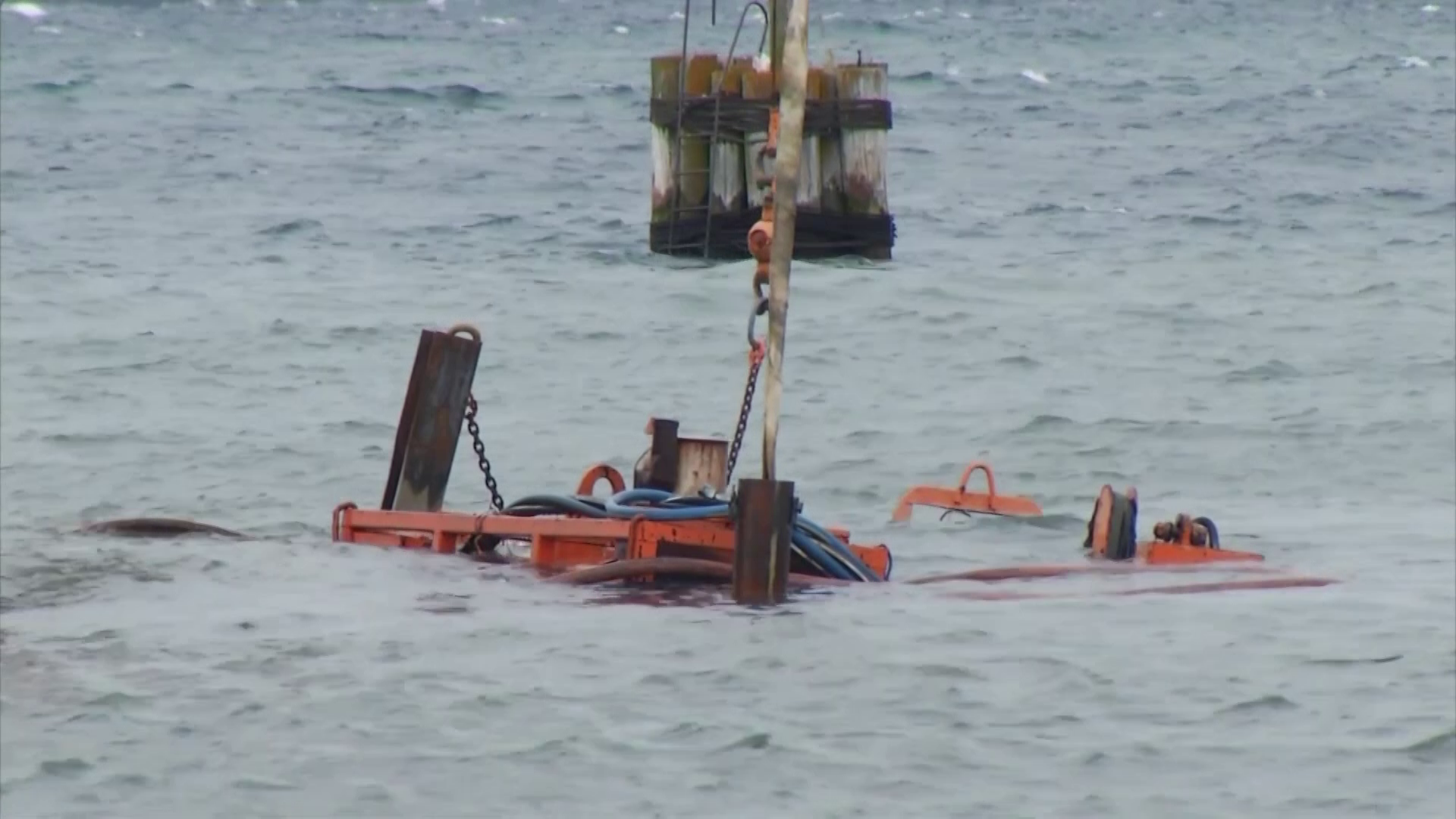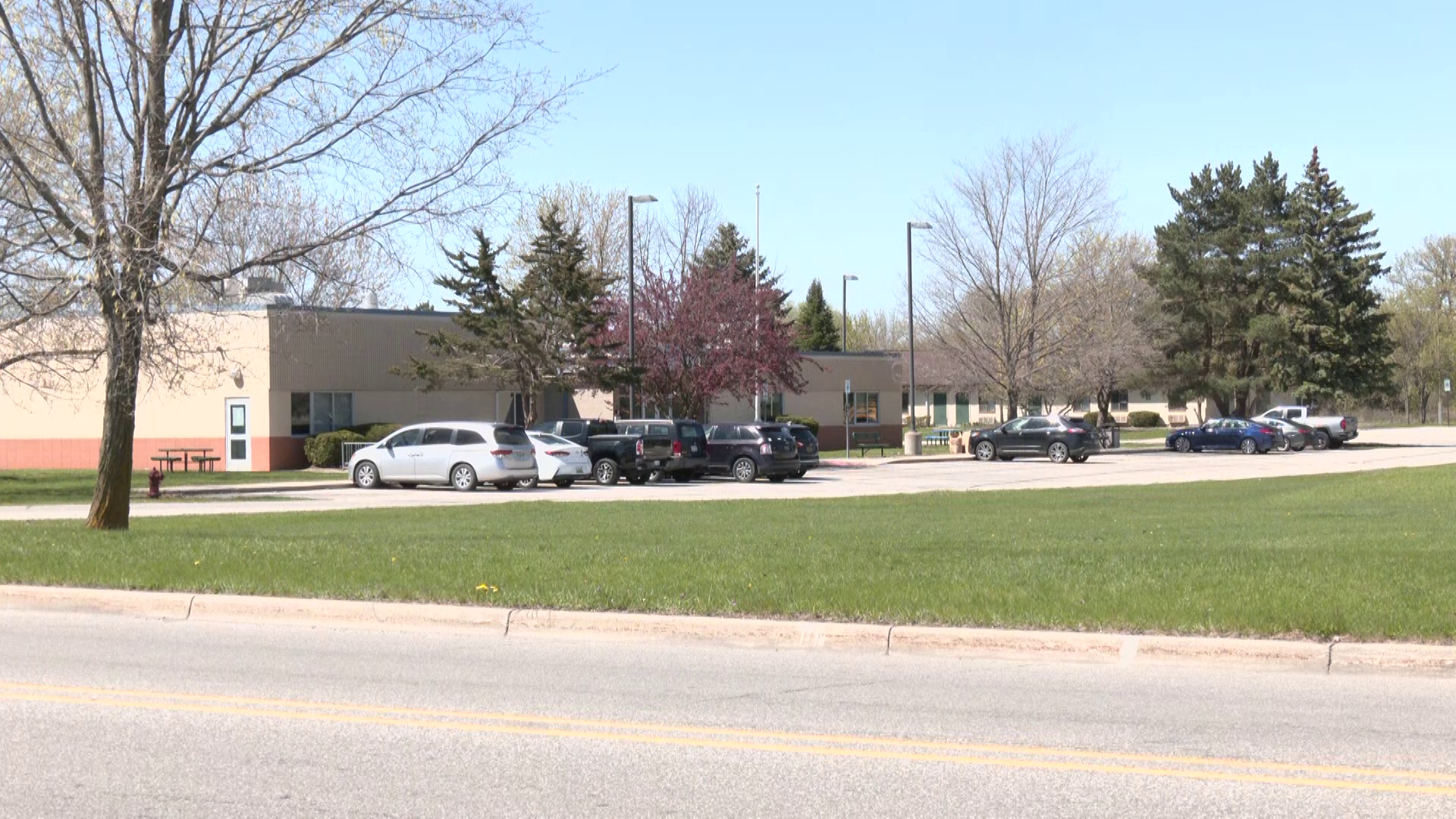A viral disease that gets transmitted from mosquitoes is back in Michigan after infecting 10 people last year.
The state’s Agriculture and Rural Development Department says EEE, also known as eastern equine encephalitis, is now in Clare County.
The state says a 2-year-old horse has come down with the deadly disease.
Last year six people died from EEE and 50 cases were spotted in animals in 20 counties, marking the worst outbreak of EEE ever seen in Michigan.
The state has come out with steps for how to protect you and your family — along with animals.
To protect your animals, measures could include the following:
- Talking to a veterinarian about vaccinating horses against EEE.
- Placing horses in a barn under fans (as mosquitoes are not strong flyers) during peak mosquito activity from dusk to dawn.
- Using an insect repellent on the animals that is approved for the species.
- Eliminating standing water on the property—i.e., fill in puddles, repair eaves, and change the water in buckets and bowls at least once a day.
- Contacting a veterinarian if a horse shows signs of the illness: mild fever and stumbling, which can progress to being down and struggling to stand.
To protect yourself and your family, here’s what you should do now:
- Apply insect repellents that contain the active ingredient DEET, or other U.S. Environmental Protection Agency-approved products to exposed skin or clothing, and always follow the manufacturer’s directions for use.
- Wear long-sleeved shirts and long pants when outdoors. Apply insect repellent to clothing to help prevent bites.
- Maintain window and door screening to help keep mosquitoes outside.
- Empty water from mosquito breeding sites around the home, such as buckets, unused children’s pools, old tires or similar sites where mosquitoes may lay eggs.
- Use nets and/or fans over outdoor eating areas. Overall, mosquito-borne illnesses, like EEE, will continue to pose a risk to both animals and humans until late fall when nighttime temperatures consistently fall below freezing.
© 2023 - 910 Media Group


